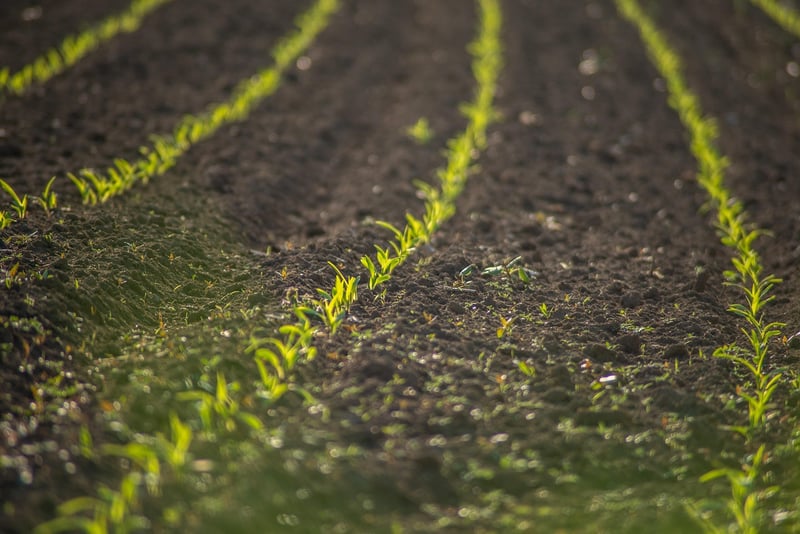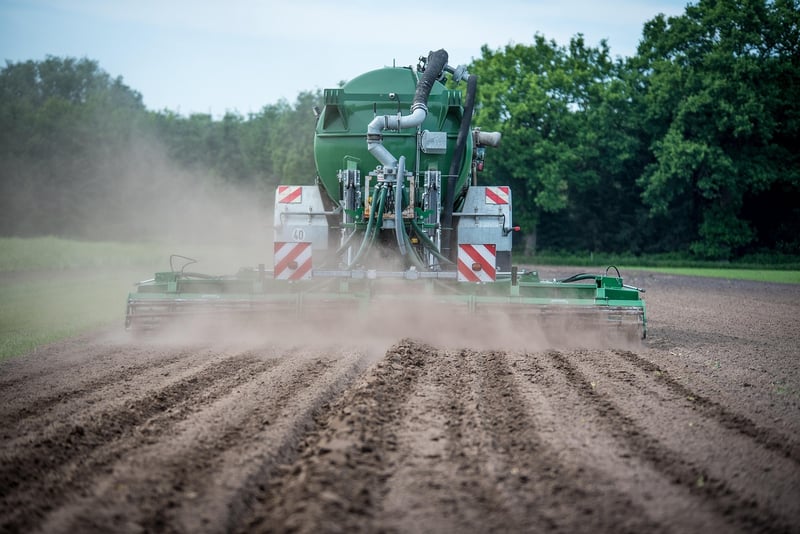Fertilization
Keep Your Garden Healthy with Proper Fertilization
Having a lush and vibrant garden requires more than just watering your plants regularly. Fertilization plays a crucial role in providing essential nutrients to your plants, ensuring they grow strong and healthy. Let's explore the importance of fertilization and how you can properly nourish your garden.
Why Fertilization is Important
Plants require various nutrients to thrive, including nitrogen, phosphorus, and potassium, among others. These nutrients are essential for different aspects of plant growth, from root development to flowering. While soil naturally contains some of these nutrients, they can become depleted over time due to plant uptake and environmental factors.
By fertilizing your garden, you replenish these essential nutrients, promoting healthy growth, vibrant blooms, and increased resistance to pests and diseases. Proper fertilization also improves soil structure, moisture retention, and overall plant health.
Types of Fertilizers
There are different types of fertilizers available, including organic and synthetic options. Organic fertilizers are derived from natural sources such as compost, manure, and bone meal. They release nutrients slowly and improve soil structure over time. Synthetic fertilizers, on the other hand, provide nutrients quickly and are suitable for addressing specific nutrient deficiencies.
When to Fertilize
The timing of fertilization is crucial for optimal plant growth. In general, it's best to fertilize your garden in the spring before the growing season begins. You can also apply fertilizer during the growing season for continuous nourishment. However, be cautious not to over-fertilize, as this can lead to nutrient imbalances and harm your plants.
How to Fertilize
When fertilizing your garden, follow the instructions on the fertilizer package for the correct application rate. It's essential to water your plants before and after fertilizing to help nutrients penetrate the soil and reach the roots effectively. Additionally, consider using a slow-release fertilizer for long-lasting nourishment.
Monitor and Adjust
Regularly monitor your plants for any signs of nutrient deficiencies or excesses, such as yellowing leaves or stunted growth. Adjust your fertilization routine accordingly to meet the specific needs of your plants. Remember that different plants may require different types or amounts of fertilizers.
Conclusion
Proper fertilization is key to keeping your garden healthy and thriving. By understanding the importance of fertilization, choosing the right type of fertilizer, and following proper application techniques, you can ensure that your plants receive the nutrients they need to flourish. Happy gardening!



For more information on fertilization and gardening tips, visit Gardening Know How.
